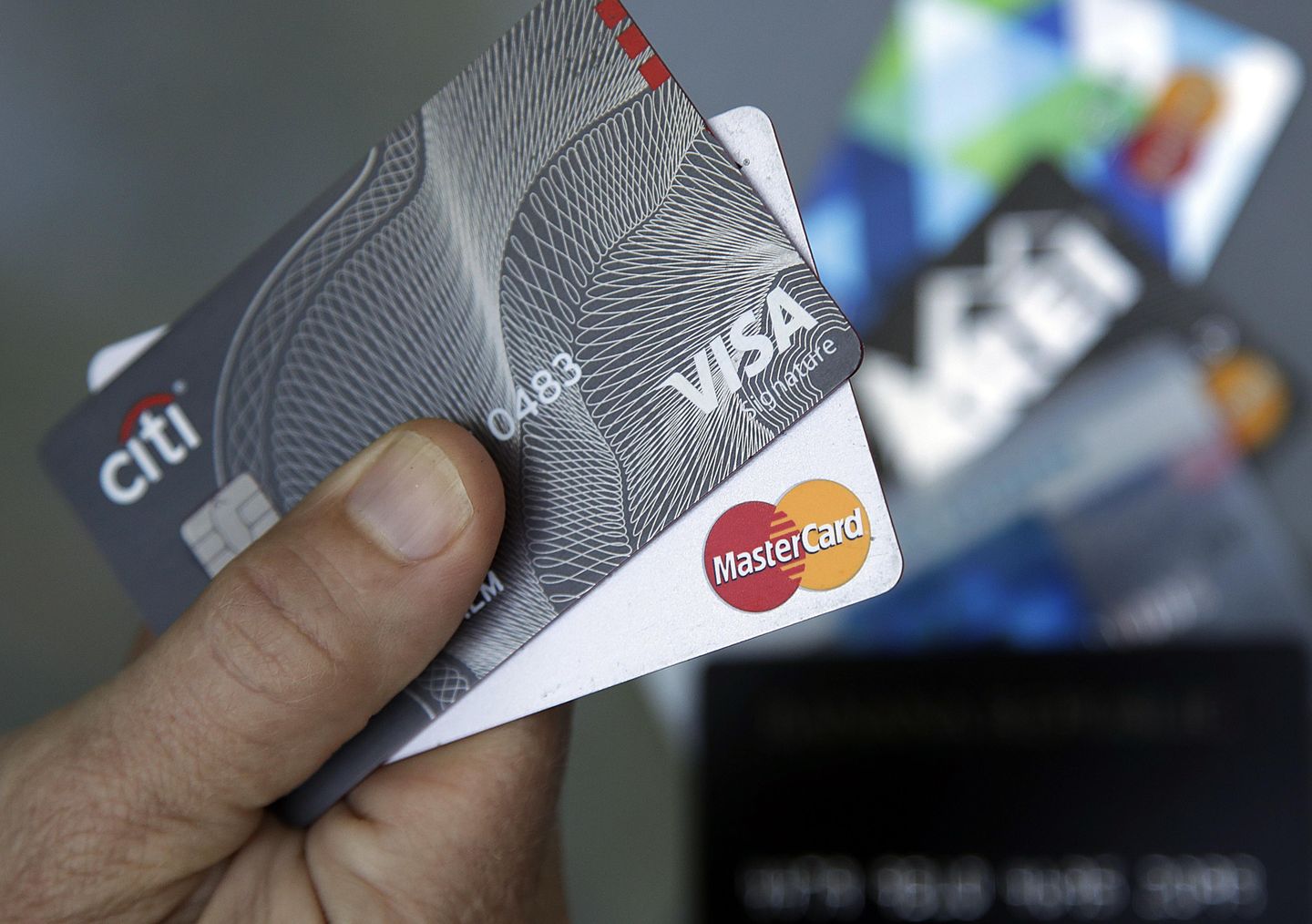OPINION:
We must always be aware of and be wary of the government’s hidden agendas.
Nowhere is this need for caution more evident than in the push for a digital currency.
Subscribe to have The Washington Times’ Higher Ground delivered to your inbox every Sunday.
Whether it’s the central bank digital currency favored by President Joe Biden, or the cryptocurrency being hawked by former President Donald Trump, the end result of all this clamoring for a digital dollar is yet another means by which the citizenry can be tracked, controlled, and punished.
For instance, weeks before the Biden administration made headlines with its support for a government-issued digital currency, the FBI and the Justice Department quietly moved ahead with plans for a cryptocurrency enforcement team (translation: digital money cops), a virtual asset exploitation unit tasked with investigating crypto crimes and seizing virtual assets, and a crypto czar to oversee it all.
No surprises here, of course.
This is how the government operates: by giving us tools to make our lives “easier” while, in the process, making it easier for the government to crack down.
Inevitably, a digital currency will become a central part of the government’s surveillance efforts.
As such, digital currency provides the government and its corporate partners with a mode of commerce that can easily be monitored, tracked, tabulated, mined for data, hacked, hijacked, and confiscated when convenient.
This push for a digital currency dovetails with the government’s war on cash, which it has been subtly waging for some time now. Much like the war on drugs and the war on terror, this so-called “war on cash” has been sold to the public as a means of fighting terrorists, drug dealers, tax evaders, and even COVID-19 germs.
According to economist Steve Forbes, “The real reason for this war on cash — start with the big bills and then work your way down — is an ugly power grab by Big Government. People will have less privacy: Electronic commerce makes it easier for Big Brother to see what we’re doing, thereby making it simpler to bar activities it doesn’t like, such as purchasing salt, sugar, big bottles of soda, and Big Macs.”
This is how a cashless society — easily monitored, controlled, manipulated, weaponized, and locked down — plays right into the hands of the government (and its corporate partners).
Despite what we know about the government and its history of corruption, bumbling, fumbling, and data breaches, not to mention how easily technology can be used against us, the shift to a cashless society is really not a hard sell for a society increasingly dependent on technology for the most mundane aspects of life.
In much the same way Americans have opted into government surveillance through the convenience of GPS devices and cell phones, digital cash — the means of paying with one’s debit card, credit card, or cell phone — is becoming the de facto commerce of the American police state.
So, what’s really going on here?
Despite all of the advantages that go along with living in a digital age — namely, convenience — it’s hard to imagine how a cashless world navigated by way of a digital wallet doesn’t signal the beginning of the end for what little privacy we have left and leave us vulnerable to the likes of government thieves, data hackers and an all-knowing, all-seeing Orwellian corpo-governmental state.
First, we’re already witnessing how easy it will be for government agents to manipulate digital wallets for their own gain in order to track your movements, monitor your activities and communications, and ultimately shut you down. For example, civil asset forfeiture schemes are becoming even more profitable for police agencies thanks to devices that allow police to not only determine the balance of any magnetic-stripe card (i.e., debit, credit, and gift cards) but also freeze and seize any funds on pre-paid money cards. In fact, the Eighth Circuit Court of Appeals ruled that it does not violate the Fourth Amendment for police to scan or swipe your credit card. Expect those numbers to skyrocket once digital money cops show up in full force.
Second, a government-issued digital currency will give the government the ultimate control of the economy and complete access to the citizenry’s pocketbook.
Third, a digital currency will open Americans — and their bank accounts — up to even greater financial vulnerabilities from hackers and government agents alike.
Bottom line: digital authoritarianism will redefine what it means to be free in almost every aspect of our lives.
–
Constitutional attorney and author John W. Whitehead is founder and president of The Rutherford Institute. His latest books “The Erik Blair Diaries” and “Battlefield America: The War on the American People” are available at www.amazon.com. Whitehead can be contacted at johnw@rutherford.org. Nisha Whitehead is the Executive Director of The Rutherford Institute. Information about The Rutherford Institute is available at www.rutherford.org.









